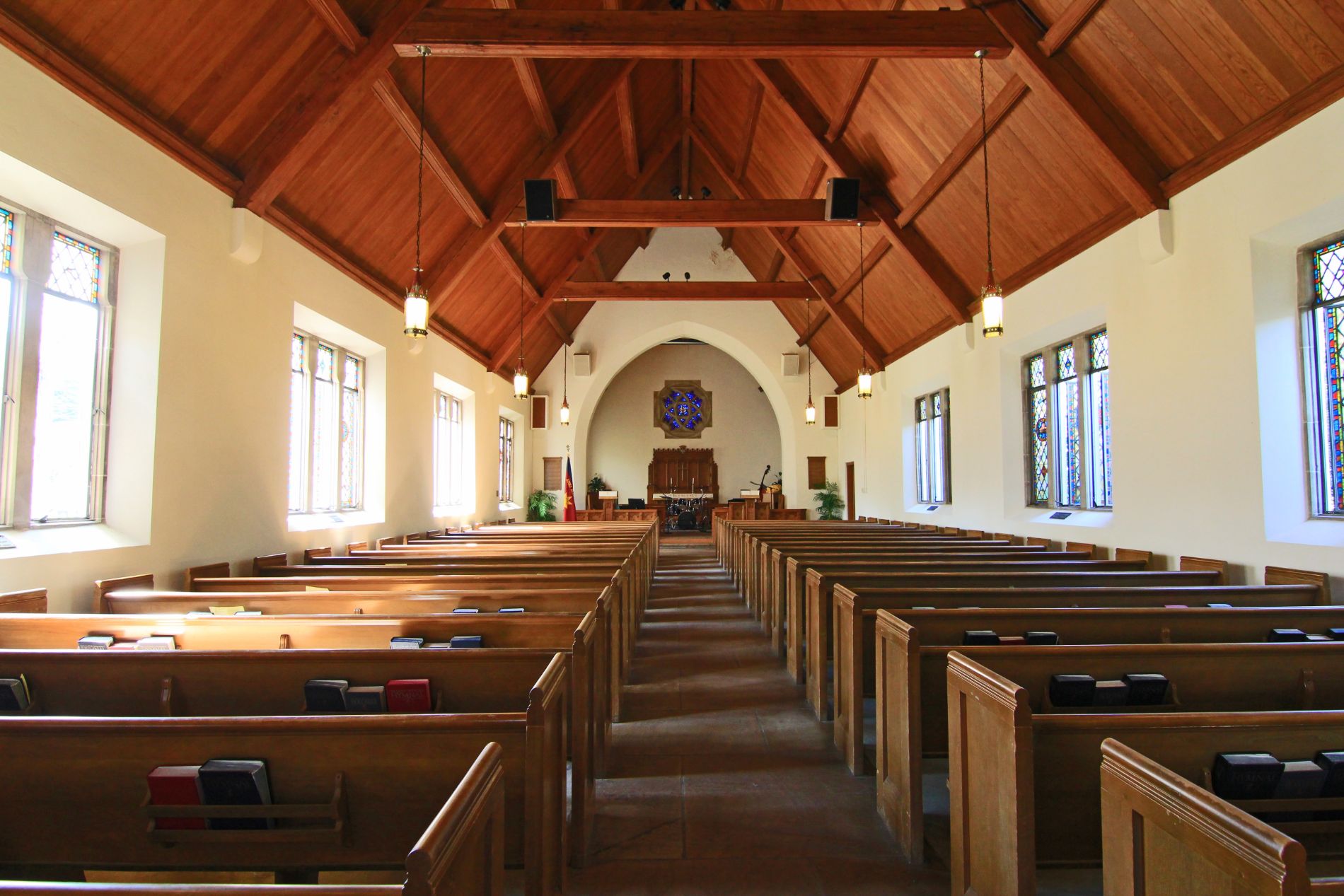Well, in the immortal words of Al Pacino: “Just when I think I’m out… they pull me back in!”
In January of 2019 I preached a message called “How the Fall Affects Us All: Romans 1:24–32” on Paul’s explanation of the effects of the fall on us all, particularly in the realm of social and sexual disorder. The content of the message, particularly my three conclusions at the end about homosexuality (“Where the Church Gets This Wrong”), got a lot of traction, and clips and summaries of this message were shared on a number of blog and podcast sites. It was one of the most widely distributed messages I’ve ever preached at The Summit Church.
Several months later, Pastor Ed Litton reached out and told me that he had really appreciated my take on Paul’s warnings in that chapter and asked if he could use some of the content with his congregation, as well as how we had broken down our entire series on Romans at The Summit Church. I told him that whatever bullets of mine worked in his gun, to use them! My own take on these kinds of things is usually shaped by the input of many godly men and women. Ed and I have been friends for many years and we have talked often about these matters, and I was honored that he found my presentation helpful.
In that particular message I shared a story with our congregation about a moment of realization I had after visiting pagan Temples in Asia, that the heartbreaking idolatry we see displayed in those temples is something endemic to the human heart. What starts as bewilderment and even a little disgust at the grotesque displays of idolatry turns into a lament over the condition of the fallen human heart we all possess. The story was inspired by a similar one I read from Paul Tripp, sharing his observations as he had visited a Temple in Northern India. But as a former missionary to SE Asia, I had had the same experience–In fact, almost every missionary I know has had this same moment of revelation. It’s a common insight among missionaries on the field, one that is shared often in prayer and support circles. I felt no hesitation in changing the details of the story to match my own experience or no need to cite Paul Tripp as the source, as the events as I tell them (a) actually happened to me and (b) are common among missionaries. I did convey to Ed where I got the inspiration for the story, and Ed, having never lived in Asia, chose to tell the story in Paul’s words and attribute it to Paul.
Much has also been made of my statement that we should “whisper about what the Bible whispers about and shout about what it shouts about.” I cited Jen Wilkin in that statement and noted that she was one of our favorite Bible teachers. She was quoting from the late RC Sproul in his book What’s In the Bible?, co-authored with Robert Wolgemuth, in their chapter on creation. I applied that quote to the difference in the emphasis Jesus places on the dangers of pride and greed versus sexual sin and said that given the sheer number of times Jesus talks about pride and greed, it is as if he saved most of his volume to warn about pride and greed. Thus, I said, we should look more fearfully at our own prideful, greedy hearts than we do haughtily at the sexual dysfunctions of others. The key word in the point was “compared.” Compared to what he said about pride and greed… it is as if he shouts about… and whispers about.” It was a rather clumsy way of making the point. However, I was in no way trying to imply that sexual ethics are muted in Scripture, that we should not speak clearly about them, or that we should be embarrassed by them. The preceding point of that message, in fact, which was not included in the clips that got passed around, makes that abundantly clear. In that point, I state plainly Scripture could not be clearer about these matters and that rebellion in sexual sin, as 1 Cor 6:9–11 states in no uncertain terms, is a matter of eternal destiny.
When Tom Ascol and a few of the same pastors seemingly looking to trap me in my words first highlighted these things nearly two years ago, they never reached out to me for clarification, a clarification I would have been happy to supply. Some others did, and when I shared the fuller context of my words, most were satisfied, even if they still preferred I avoid the shout/whisper analogy. The redacted clip was used to imply that I was saying something that I clearly was not saying. Whether or not this was an intentional misrepresentation I cannot judge, but it was at best a negligent one.
We owe one another better in the body of Christ.
Failures in communication are always the fault of the communicator, a burden I and every pastor in America carry into the pulpit each weekend. And so, for any confusion that my clumsy wording may have caused, or for anyone who believes I muddled what the Bible makes clear, I do apologize! I know we teachers will face a stricter judgment, and I know that requires great care regarding our words. But we should also commit to hearing each other in context. If love attempts to “believe all things,” as Paul says, that first starts with making sure we understand what one another is saying before rushing to condemn them. And I can’t see snap judgments based on out of context soundbites to be an application of Paul’s admonition to “outdo one another in showing honor.”
If you want to see the fuller context of the sermon, here are the paragraphs surrounding the sampled citation. In fact, I’d invite you to watch the whole message.
I have said before— a culture of suspicion happens automatically; a culture of trust takes intentionality. Our convention desperately needs to build a culture of trust, and that starts with assuming the best about each other and giving the benefit of the doubt wherever we can. I am praying for Ed Litton as he leads us to focus on the Great Commission.


